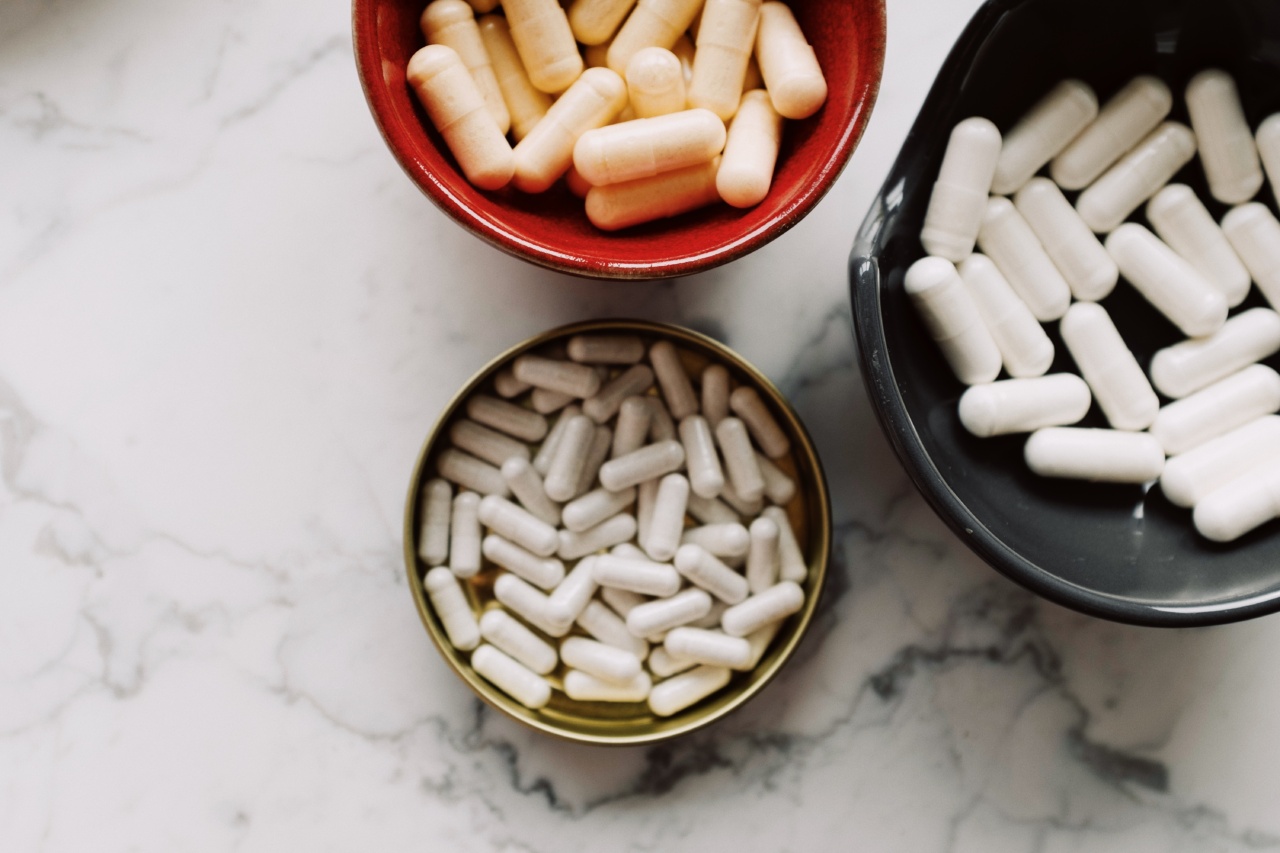Listeriosis is a serious and life-threatening infection caused by the bacteria Listeria monocytogenes. While rare, it is a foodborne illness that can occur when consuming contaminated food products such as sausages and dairy products.
In this article, we’ll dive deeper into what listeriosis is, how it’s spread, and what we can do to protect ourselves from it.
What is Listeriosis?
Listeriosis is an infection caused by the bacteria Listeria monocytogenes.
While it is a rare infection, it can be serious and life-threatening, particularly for vulnerable populations such as pregnant women, newborns, the elderly, and those with a weakened immune system.
According to the Centers for Disease Control and Prevention (CDC), about 1,600 people in the United States get listeriosis each year, and about 260 die from it.
The severity of the illness can range from mild flu-like symptoms to severe complications, including sepsis and meningitis.
How is Listeriosis Spread?
Listeria monocytogenes can be found in soil, water, and animal feces. It can also contaminate food products during processing and production.
While listeriosis is most commonly associated with consuming contaminated food products, it can also be spread through other means such as contact with infected animals or people.
The bacteria can survive at low temperatures, which means that refrigerated and frozen foods can be a potential source of infection.
This is why it’s important to appropriately store and handle food products, particularly those that are known to be at higher risk for contamination.
Food Products at Risk for Listeria Contamination
Listeria monocytogenes can be found in a variety of food products, but some are at higher risk for contamination than others. The following food products are known to be at higher risk:.
- Soft cheeses such as feta, brie, and camembert
- Raw sprouts
- Raw milk and dairy products made from raw milk
- Processed meats such as hot dogs and deli meats
- Refrigerated meat spreads, pates, and smoked seafood
Sausages and Listeria Contamination
Sausages, particularly those that are not cooked before consumption, can be a potential source of listeria contamination. This is because listeria can survive in cold and moist environments, such as those found in uncooked sausages.
It’s important to always cook sausages to the appropriate internal temperature to kill any potential bacteria. This is particularly important for vulnerable populations such as pregnant women, newborns, and the elderly.
Dairy and Listeria Contamination
Dairy products made from raw milk or those that are not pasteurized can also be a potential source of listeria contamination. This is because pasteurization is a process that kills potential harmful bacteria, including Listeria monocytogenes.
It’s important to always choose pasteurized dairy products, particularly for vulnerable populations such as pregnant women, newborns, and the elderly.
Raw milk, cheeses, and other dairy products should be avoided to reduce the risk of listeria infection.
Preventing Listeriosis
While listeriosis is a serious and potentially life-threatening infection, there are steps we can take to protect ourselves from it. These include:.
- Washing fruits and vegetables thoroughly before consuming
- Cooking food to the appropriate internal temperature
- Avoiding consuming raw or undercooked meat, poultry, and seafood
- Choosing pasteurized dairy products
- Avoiding soft cheeses made from raw milk
- Refrigerating and freezing food products appropriately
Symptoms of Listeriosis
The symptoms of listeriosis can vary, but generally include flu-like symptoms such as fever, muscle aches, and chills. In some cases, nausea, vomiting, diarrhea, and stomach cramps may also occur.
In more severe cases, listeriosis can lead to complications such as meningitis, sepsis, and encephalitis.
These complications can be life-threatening, particularly for vulnerable populations such as pregnant women, newborns, the elderly, and those with a weakened immune system.
Conclusion
Listeriosis is a serious and potentially life-threatening infection caused by the bacteria Listeria monocytogenes.
While it is a rare infection, it can be particularly dangerous for vulnerable populations such as pregnant women, newborns, the elderly, and those with a weakened immune system.
We can protect ourselves from listeriosis by properly storing and handling food products, cooking food to the appropriate internal temperature, and choosing pasteurized dairy products.
By taking these steps, we can reduce the risk of listeria contamination and keep ourselves and our loved ones safe.






























